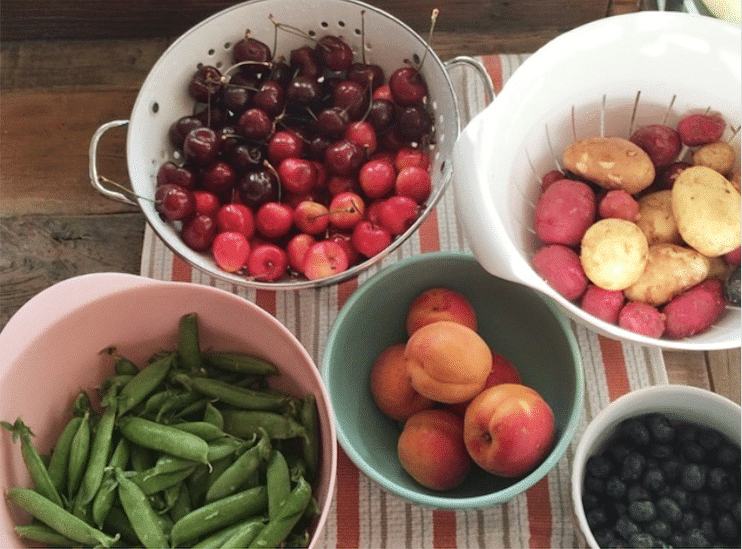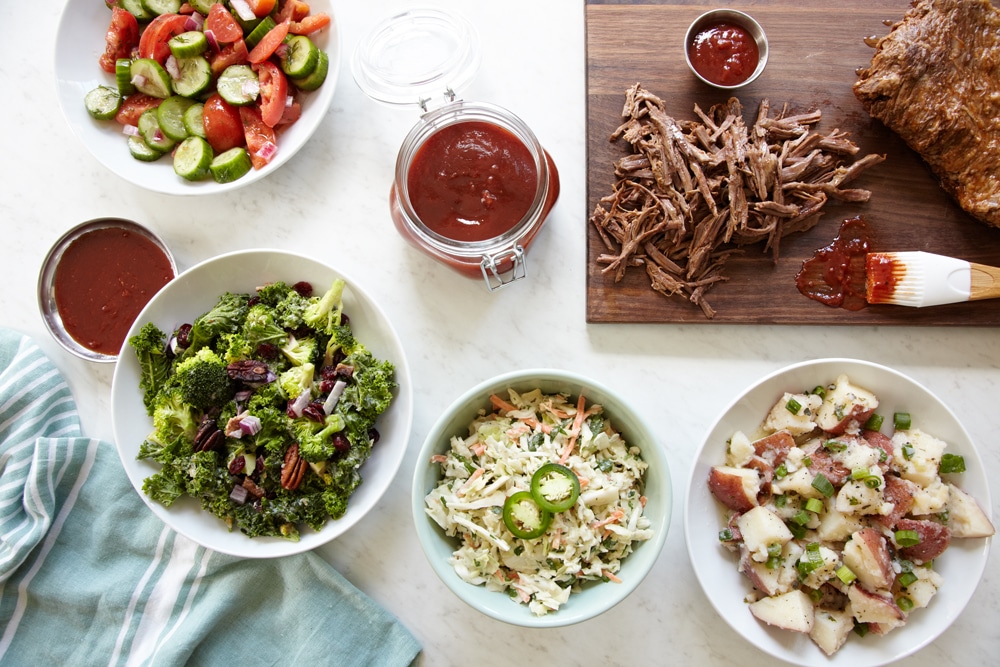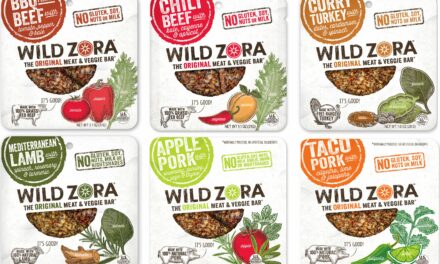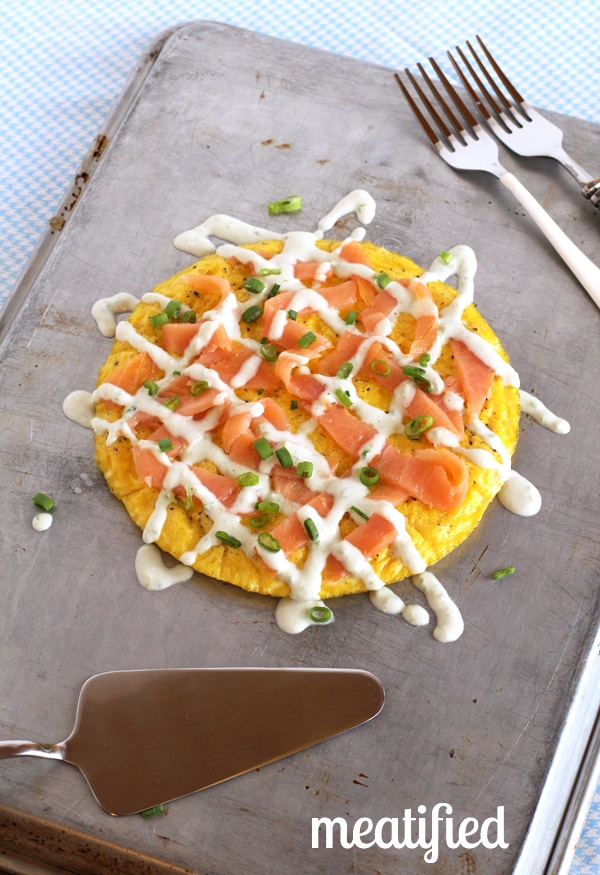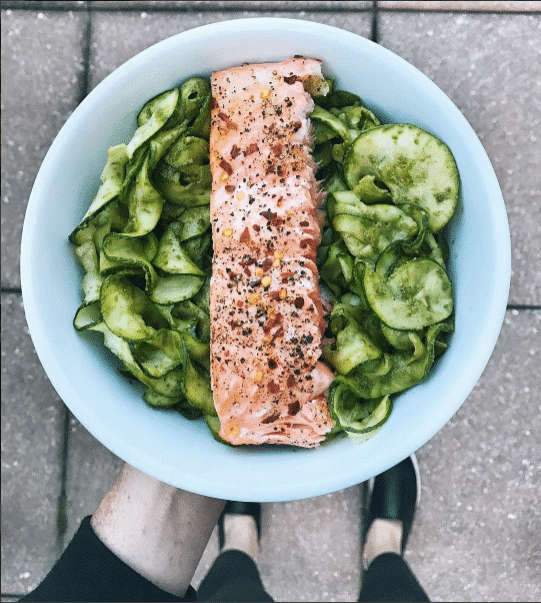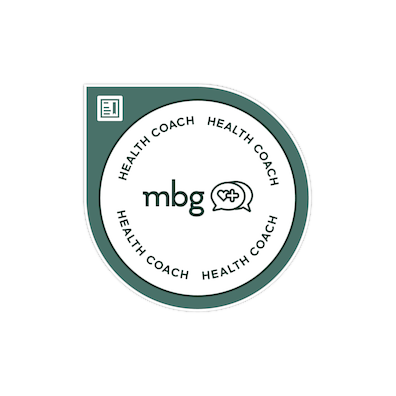Based on the success of our original Whole30 Foods and Brands Guide, we have created an all new Plant-Based Whole30 Foods and Brands guide for those of you who are participating in a Plant-Based Whole30 (click for more details and the rules!).
When Whole30 announced the creation of their new Plant-Based program, we knew we had to create a new guide. We’ve taken our Whole30 guide and added all of the approved and compliant Plant-Based Whole30 products that will help you easily navigate and plan for your Plant-Based Whole30 program. (And deleted any animal-based products).
We have listed OVER 400 PRODUCTS that are either Plant-Based Whole30 Approved or Plant-Based Whole30-friendly in this guide! Can you believe it?! It makes me so thrilled that companies are making cleaner, healthier products!
It’s really so exciting to me because when I first did a Whole30 in June of 2014, there were hardly ANY Whole30 brands… There were basically zero Whole30 Compliant products out there. Picture a younger Caroline, hand making EVERY sauce. Honestly, that’s really how this blog came about! (You can find all of these original sauces here!). Now there are SO many brands and plant-based ones too!
When you download the guide below, it will have instructions for how to best navigating finding exactly what you need! My hope is that this guide makes your Plant-Based Whole30 so much easier and tastier- enjoy!
Download my FREE Plant-Based Whole30 Foods and Brands Guide here!
So how did we come up with the brands in our guide?
We used the below rules and ingredients to determine the Plant-Based Whole30 Foods and Brands for our guide!
Here is a list of Plant-Based Whole30 Foods that are complaint:
- Legumes, lentils and peas
- Minimally processed forms of soy (edamame, miso, tofu & tempeh)
- Plant-based protein powders
- Plant-based Healthy Fats
- Fruits and Vegetables
- Nuts and Seeds
Here is a list of foods to AVOID during your Plant-Based Whole30:
- Animal Proteins
- Animal Fats
- Highly Processed forms of Soy
- Added Sugar, real or artificial
- Alcohol. At all. Even when you’re cooking.
- Grains
- Animal-sourced Dairy
- Harmful additives: carrageenan, MSG, or sulfites
- No recreating/ “paleofying” foods using approved ingredients (breads, muffins, pancakes, tortillas, etc)
The Exceptions: (check our guide above for specific brands!)
- Fruit Juice or dates as a sweetener (in sauces, for example).
- Vinegar and botanical extracts: the only exceptions to this exception are malt vinegar (it contains gluten) and vinegars with sugar.
- Coconut Aminos: these are good to go, even if they have “coconut nectar” or “coconut syrup” in the ingredients. These are like a soy-free soy sauce.
- Salt: this is super nit-picky, but salt has dextrose in it, which is sugar. Since it’s in such tiny amounts, and it would be near impossible to avoid, it’s approved for your Whole30.
- Rice found in fermented soy: In order to allow sufficient plant-based protein options such as tofu and tempeh, which are often fermented in rice, this form of rice is allowed on the plant-based whole30 program.


